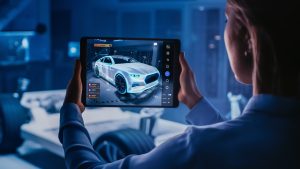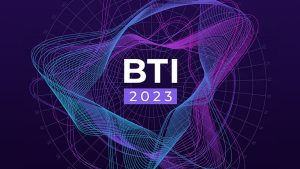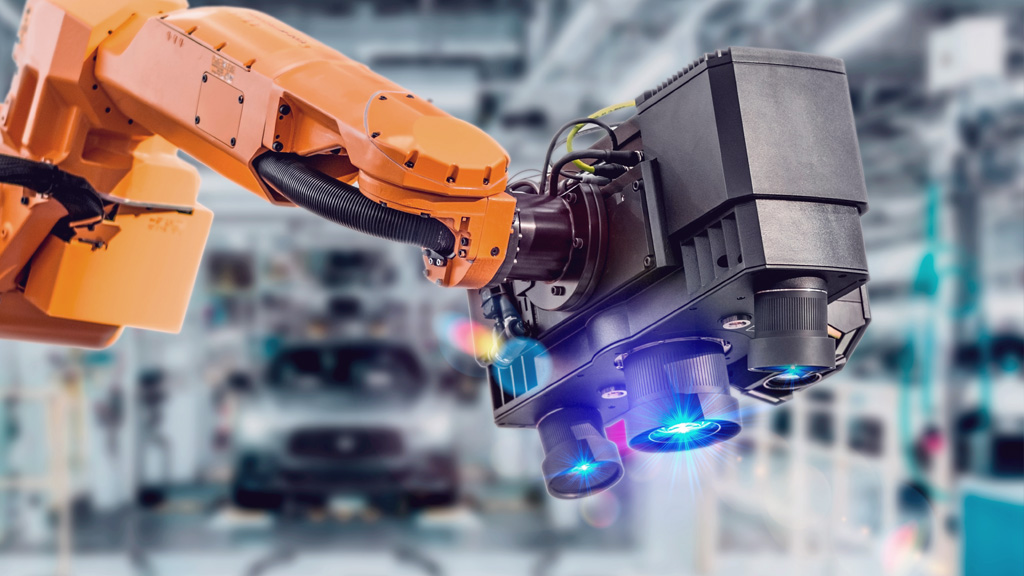Who was the client?
An automotive manufacturer leading the charge in electrification and software development.
What was the problem?
Visual inspection is crucial to automotive manufacturing. Each vehicle needs checking to make sure it meets the specifications for the model, market, client and so on. A human conducting the checks would take several minutes, whereas a camera-based system can complete the process in a matter of seconds. But the client found that their initial visual inspection solution couldn’t scale across all their factories and so wasn’t able to keep up with production in the way they needed.
What was the Expleo solution?
The client’s system needed to be quicker and slicker. The first change was adopting a development model that meant conformity checks could take place in real-time ‘on the edge’. This means the computation takes place on the device itself, rather than being transferred to a server or the cloud, removing latency issues and speeding the process.
Because of our expertise in engineering and digital, we were also able to recommend more efficient algorithms to achieve the right balance between processing time and accuracy.
How did that help?
Our approach created a cost effective and far quicker approach, allowing the new 3D camera system to be deployed in 15 factories globally. Human inspectors now receive each report on a tablet in real-time, reducing the level of subjectivity in conformity checks while maintaining expert human oversight.
What were the results?
Our approach reduced processing time from 50 seconds to 30 seconds, and work is in progress to reduce this to a target time of 20 seconds. As the model identifies new non-conformities, we are iterating towards a system where the AI model automatically self-trains without the need for input from data scientists, making the system even more efficient.
Could it work for me?
Visual inspection is part of most manufacturing processes. In certified industries, such as pharmaceuticals, such processes need to be provably systematic and reproducible to meet with regulations. But, using our cross-industry knowledge, there is no reason not to use these best practices in non-certified industries to improve speed, accuracy, and efficiency.
What's new

Industry report: The digitalisation of everything

Don’t delay digital. To solve today’s challenges, industrial companies need a new set of skills.

How can industrial companies solve their biggest digital challenges? By applying the best ideas from everywhere

From pilot projects to scale: how industrial businesses can put the right technology to work.

Ignore what you do and listen to the data: how we used big data to start the smart factory process for a gigafactory







